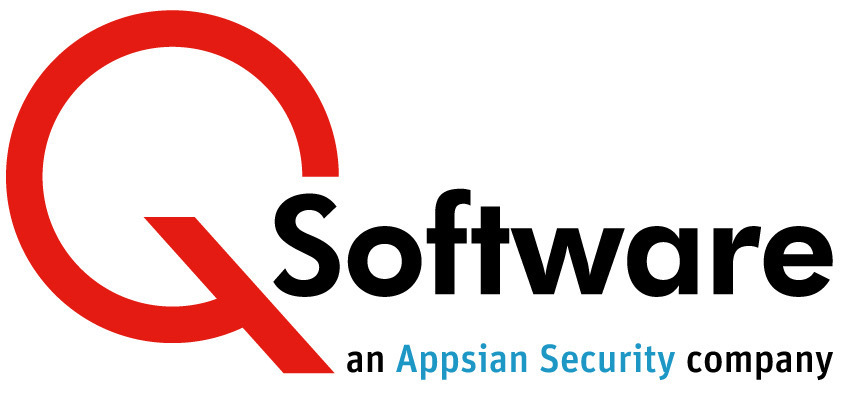Best Practice tips to make Audit Reporting easier and more effective
Preparing for an audit can be very daunting, and careful planning is crucial to ensuring that your audit runs smoothly. To me, it’s essential to have a set of well-designed, easily repeatable audit reports that can:
- Identify areas that need attention before the audit
- Provide evidence of compliance for an audit.
The aim of providing reports (evidence) during an audit is to demonstrate your organization’s conformance to its own processes, best practices, rules or regulations.
Business benefits: reduce audit costs, fraud exposure and operational errors
Proving compliance is extremely important and having all the necessary information in hand will reduce audit time. But many of the reports that you produce for your auditors can also be very valuable to your business.
For example, reports on system access and Segregation of Duties (SoD) violations will identify hidden risks which could leave you vulnerable to fraud or costly operational errors. Well-structured reports will not only uncover the problems – they also give you the information that you need to remediate or mitigate them.
For maximum benefit, the reports should also be easy to repeat whenever you need them. Running access and SoD reports, say, monthly enables you to find and fix issues promptly, reducing the risk of fraud sooner. It also avoids the problem of uncovering many issues shortly before the auditors arrive and then being faced with an enormous remediation task. Repeatable reports also mean that you can run them again post-remediation to test the effectiveness of your efforts.
Considerations for good audit reporting
For each report it’s important to be clear about the objective, the audience and how they will use the report.
For example, managers may need summarized information in plain language that gives them an overview of compliance status and the extent of any issues. System administrators need detailed information on SoD violations and what’s causing them, so that they can work with their business colleagues to decide how to mitigate them.
In this video, I share tips on Best Practice for Audit Reporting, including:
- The content of reports
- The goals and outcomes
- A recommended list of specific reports.
If you decide that you don’t want to reinvent to wheel, you can find out more about audit reporting solutions for JD Edwards EnterpriseOne and World, Oracle E-Business Suite and Oracle ERP Cloud.

